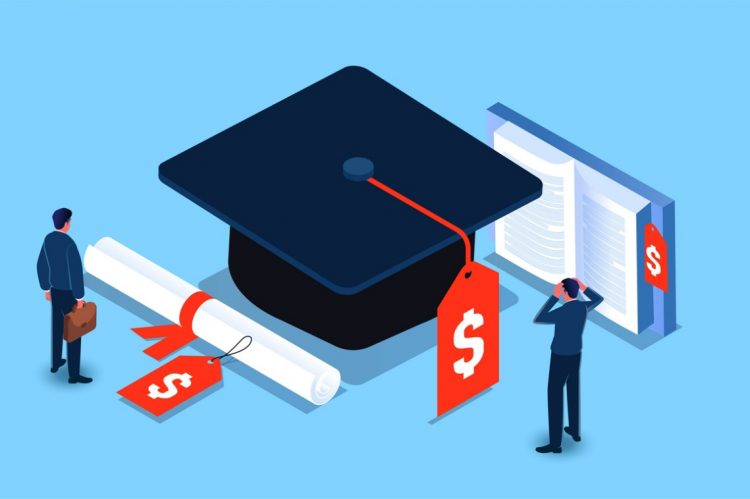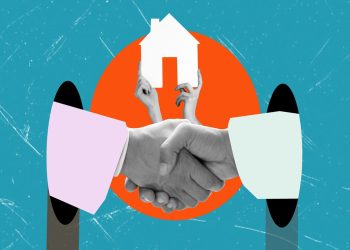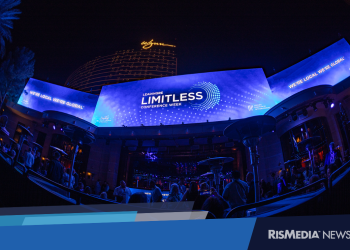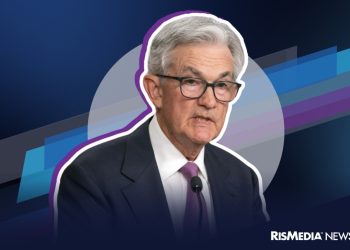My generation—halfway between millennials and Gen Z—has a penchant for grim humor about our shared future.
An internet meme I’ve seen floating around in this ilk is that we were “born too late to own property,” alongside countless others of how we’ll never be able to retire, that is if climate change doesn’t get us all in a swing of cruel mercy first. If this all seems doom and gloom, consider coming of age at the outset of the Great Recession and riding the slow wave of decline since.
The overriding feeling is that we’ll never be able to afford homes, so why bother saving? Especially when any disposable income that could go into a savings fund gets sapped up every month by student loan payments. If you don’t believe me, 2021 research from the National Association of REALTORS® (NAR) showed that 60% of millennials are putting off homeownership because of their student loan debt.
The cruel irony that the burden of student loan debt presents is that the very thing that’s supposed to secure one’s future becomes the anchor that drags them and their dreams down. The importance of college was drilled into our heads as the only path to become productive, white-collar members of society. So, of course, students accepted these loans, convinced they were the price of a chance to achieve their dreams. But while the bill has certainly come due for them, the rewards remain elusive. Education is now a damned if you do, damned if you don’t proposition. Is that the world we want to live in, where only the already rich can afford housing and schooling?
Well, strap in, because that world becomes a more ironclad reality every day. Current student loan debt totals $1.77 trillion, with nearly 44 million borrowers. As with any tumor, it was a confluence of issues that created this, from tuition costs to inflation outpacing wage growth, but it ultimately comes down to the growing wealth gap; student debt holders fall to the bottom of that gap.
With the Supreme Court striking down a proposed (and still rather limited) relief plan for borrowers, many are now paying back their interest-accruing federal loans on top of privately-held ones. Even for the student debt holders who built up their savings during the pause, nest eggs are about to get eaten up early.
Even as I write this, I can’t lie that I’m one of the lucky ones. I’ve got an enviable safety net, support from my family and the sort of job(s) I went to college to have, all to counterbalance the debt I hold. I still notice when my checking account is $300 lighter every month, but I never have to choose between that and food. Sometimes I even grant myself the fantasy of homeownership…and then I browse prices on Zillow for a wake-up call.
An analogy that’s stuck with me is that young graduates paying student loan debt off essentially have mortgages without the houses to show for it. This is why student loan debt is more than just tangentially connected to REALTORS®. This is a job about shaping communities and breaking down barriers; all but penalizing education is not a way for people to realize their dreams.
Unless you want homes in your community to sit empty as wealth vessels for a handful of investors, you need a variety of clients to sell to. I don’t see a path toward that without at least removing the anchor of student loan debt.











